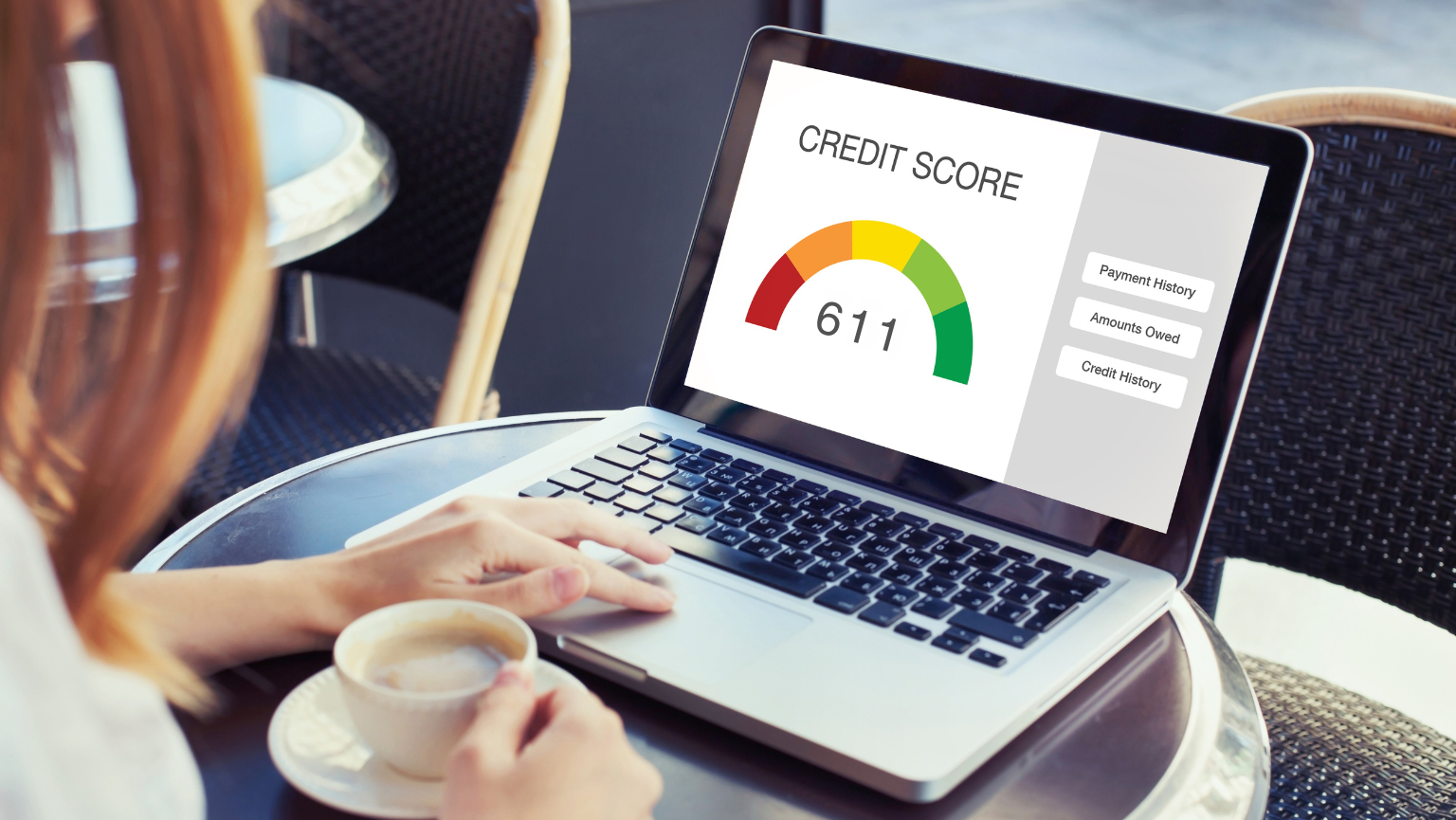
No, your investment portfolio itself does not directly affect your credit score. Whether you own stocks, mutual funds, or real estate investments, these asset holdings do not appear on your credit report and are not factored into credit scoring models. However, the story is a bit more nuanced when investments intersect with credit behavior.
Key Takeaways
- Investments don’t directly affect your credit score.
- Borrowing to invest can lower your score.
- Late payments hurt credit, even if investing.
- Good financial habits support credit health.
- Use profits to pay debt, keep cards low, and maintain a cash buffer.
Why Investments Don’t Show Up on Your Credit Report
Credit bureaus collect data on your borrowing and repayment activities credit cards, loans, mortgages and the liabilities you owe. They do not track your assets or how much money you have invested. Since investments like stocks or bonds are not loans or debts, they don’t have any direct bearing on your creditworthiness or credit score calculations.
When Investments Can Indirectly Influence Credit Scores
- Borrowing to Invest: If you take out loans or use margin debt to invest, your increased debt load impacts your credit utilization ratio and debt-to-income ratio, which can lower your credit score.
- Loan Repayment Patterns: If investing leads you to prioritize investments over paying down debt on time, missed or late payments hurt your score significantly.
- Financial Stability & Credit Responsibility: Smart investors often demonstrate good financial discipline, which tends to reflect positively in their credit behaviors such as on-time bill payments and low credit utilization.
The Risk of Loans for Investing
Using borrowed money to invest can backfire. If investments perform poorly and you can’t repay loans promptly, your credit score takes a hit. Always assess your risk tolerance and avoid using credit cards or unsecured loans for investments.
Key Statistics to Know in 2025
- The high-yield default rate in corporate and private credit markets stood at around 5.8% in mid-2025, with risky sectors like real estate and energy seeing higher default risks, indicating credit exposure risks if borrowing is not managed well.
- Private credit investments surged by 53% from H1 2024 to H1 2025, reflecting increased reliance on private credit but also exposing investors to evolving credit risks in the market landscape.
- Nearly 28% of high-yield companies are flagged as high or severe credit risk as of mid-2025, underscoring the importance of managing credit prudently alongside investing.
How to Leverage Investments to Support Strong Credit
- Keep an emergency cash buffer: This helps you avoid late payments when markets are volatile.
- Maintain low credit card balances: Even if you invest heavily, avoid maxing out credit cards.
- Use profits to reduce high-interest debts: Paying down revolving debt improves credit scores faster than any investment could.
Investments and credit scores operate in separate financial lanes, but your overall financial behaviors, including responsible debt management alongside investing, determine your credit health. So invest wisely and manage credit smartly.
FAQs
A 640 credit score is considered fair. It’s not bad, but it may limit your access to the best interest rates and premium credit cards. With consistent on-time payments and low credit utilization, you can improve your score over time.
Yes. PayPal Credit is a line of credit, so it can affect your credit score in the same way other credit accounts do. Your credit history with PayPal Credit such as payment behavior, credit utilization, and account age can impact your credit score positively or negatively depending on how you manage it.
No, investing in mutual funds does not directly increase your CIBIL score. Credit scores are based on your borrowing and repayment history, not investments. However, if you use mutual fund investments as collateral for a loan and repay that loan responsibly, it can indirectly help your CIBIL score.






